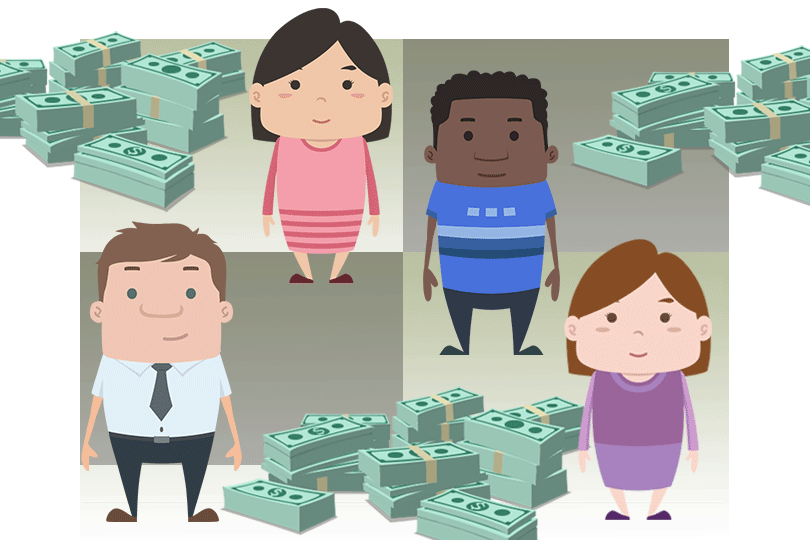When is the Right Time for an FHA Cash-Out Refinance?
December 5, 2024
One key rule is the "seasoning requirement." Think of it like a waiting period: you generally need to own your home for at least one year before you can apply for an FHA cash-out refinance. This allows you to demonstrate a stable ownership history and build some equity.
Of course, there are exceptions to every rule. Life throws curveballs, and situations like divorce or a sudden jump in your property value might shorten the waiting period. These are usually handled case-by-case, so be prepared to provide documentation to support your situation.
Connecting with an FHA-approved lender is always the best way to get the most accurate information. They can explain your situation's specific requirements and help you gather the necessary paperwork.
Building Equity: Your Home's Growing Value
Beyond meeting the FHA's requirements, it's smart to give your equity time to grow. Equity is like your ownership stake in your home—the bigger it is, the more financial freedom you have. It's calculated by taking your home's current market value and subtracting what you still owe on your mortgage.
Several factors contribute to your home equity increasing. For example, every time you make a mortgage payment, a portion chips away at your loan balance, increasing your ownership. Secondly, property values increase over time, especially in desirable neighborhoods.
This natural appreciation boosts your equity without you having to lift a finger.
Finally, strategic home improvements that add value to your property also play a role in growing your equity.
By waiting and allowing your equity to increase, you'll have access to more funds when you do a cash-out refinance. This gives you more financial flexibility and puts you in a stronger position to achieve your goals.
Why Pumping the Brakes Can Pay Off
While accessing quick cash might sound appealing, rushing into an FHA cash-out refinance soon after buying your home can have some downsides.
If you haven't built up enough equity, you might not be able to access as much cash as you need. This could make it harder to accomplish your goals, whether it's tackling those credit card balances or finally remodeling that outdated bathroom.
Remember those closing costs that come with buying a home? Well, they apply to refinancing too. Things like appraisal fees, loan origination fees, and title insurance can add up. Refinancing too quickly means paying these costs multiple times, which could affect your potential gains.
Depending on the market and your credit score, the interest rate on your new loan might be higher than your original mortgage rate. Refinancing too soon could mean paying more in interest over the life of your loan.
Finally, if you haven't had enough time to settle your finances after buying your home, taking on more debt through a cash-out refinance could strain your budget, especially if unexpected expenses come up.
By waiting and building equity, you can minimize these risks and set yourself up for a more successful refinance down the road.

FHA Loan Articles
November 4, 2023In May 2023, USA Today published some facts and figures about the state of the housing market in America. If you are weighing your options for an FHA mortgage and trying to decide if it’s cheaper to buy or rent, your zip code may have a lot to do with the answers you get.
October 14, 2023FHA loan limits serve as a crucial mechanism to balance financial sustainability, regional variations in housing costs, and the agency's mission to promote homeownership, particularly for those with limited financial resources.
September 25, 2023Mortgage rates are hitting prospective homeowners hard this year and are approaching 8%, a rate that didn't seem very likely last winter. With so many people priced out of the market by the combination of high rates and a dwindling supply of homes.
September 19, 2023The FHA Handbook serves as a crucial resource for mortgage lenders, appraisers, underwriters, and other professionals involved in the origination and servicing of FHA-insured home loans. It outlines the policies and requirements for FHA-insured mortgages.
September 13, 2023FHA rehab loans are a specialized type of mortgage loan offered by the Federal Housing Administration that allows borrowers to finance both the purchase or refinance of a home and the cost of needed repairs.







